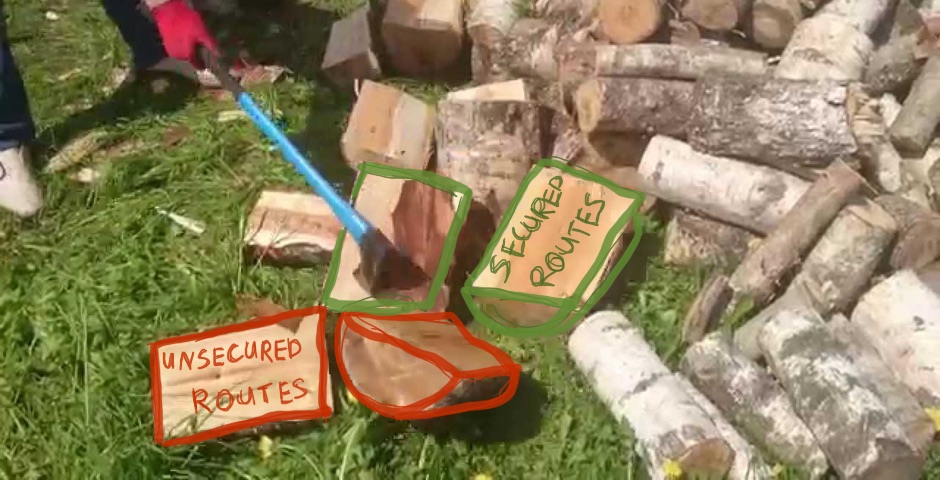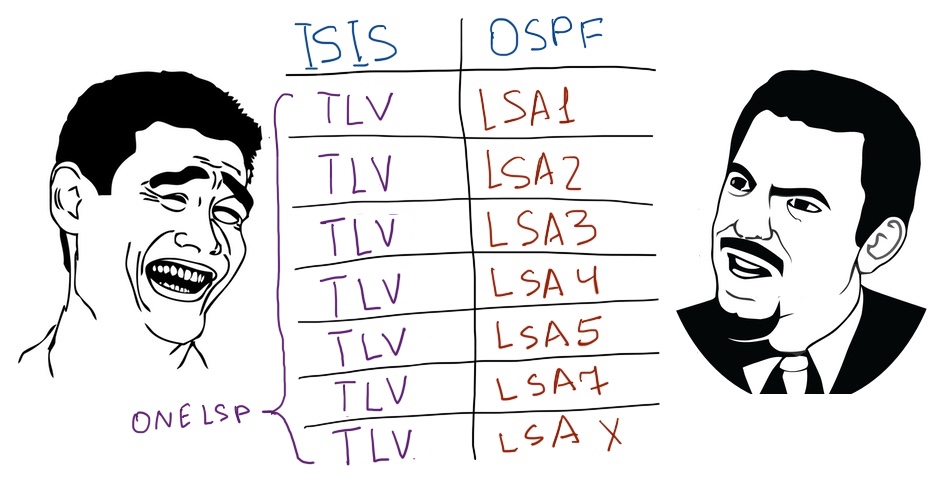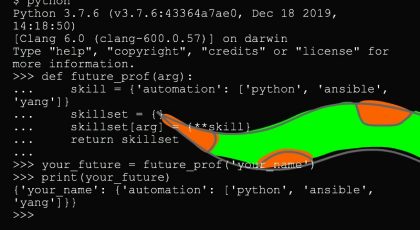Dear friend,
In this article I want to share some my ideas about project management and its application in life without relations to IT field. It might be surprising at a glance, but we are surrounded by projects. They may be different or similar, but approach to achieving the goals and meeting the requirements are the same. Let’s take closer look.
Real world scenario
Let’s say you are an average schooler who wants to get a degree in engineering at the University of Oxford. If you don’t like Oxford, you can choose any other university you like, it doesn’t matter. You are doing not very well in Math though you are quite strong in Physics. So you decide to increase your efforts in studying Math. That’s your project goal.
Well, how can you do it? You have heard from your school teacher about very good book, which has a lot exercises on all the topics. Also you have found in the internet a couple of study books with good rating among the people who has already got into the University of Oxford. Moreover you want to have a reliable partner who can help you during preparation. Roughly that’s your project charter.
The next step is to buy these books and find a private teacher in Math. So you need some money for this task and you can either earn them or take from your parents. That’s your budget.
The overall amount of pages with exercises is 3000 pages, and you have only a half a year (26 weeks) before the exams, so you decide to do approximately 150 pages of exercises pro week in order to be ready in 20 weeks and have enough time to revision. So you decide to study Math 2 hours a day on working days and 4 hours on Saturday, whereas Sunday is completely free for relaxing. Strictly saying you have 364 study hours. That’s your scope and time schedule.
If you do exercises quicker than 150 pages a week, then you finish the preparation earlier and can have a short holiday to restore yourself. After each 1000 pages you can go to party and rock hard. That’s motivation and rewarding system.
If you do exercises slower than 150 pages a week, then you have to increase the amount of studying hours per working day up to 3. If you start losing the concentration, that you should to decrease the amount of pages to 130 pages a week, which leads to 23 full study weeks. As well you should increase the number of meetings with private teacher to 2 or 3 a week. That’s you risk management plan.
Let’s assume that you have started the preparation, but faces with the issue that one of the books isn’t printed and sold any more. You have an option either try to find it in public library or find another book. You haven’t foreseen this problem and haven’t addressed it in your risk register, so you update it.
Both these options demand additional time and can extend the time needed for the project. You decide to choose another book, because it’s in the store near your school and you the seller has recommended it to you as a good substitution. Well, you are studying and performing well.
The next challenge is that you father doesn’t support your ideas to study in Oxford. He wants you to enter the Music Academy of the West in New York. He diverts your attention and you lose your concentration. It’s a conflict of the interests between stakeholders.
Hurray! Thanks to the hard study you finally pass the exams and enter the University of Oxford. You are very happy. Your project is done successfully.

Conclusions
It was a very simplified outlook of the project, project management and its realization. Though the person has a different number of roles simultaneously (project sponsor, manager and team member), the main sequences of the actions and main project management activities are covered. This articles shows you how you can apply project management skills and techniques to almost all your activities in life to structure the workflows and predict the performance.
Lessons Learned
For sure the big projects like launch of new datacenter with hundreds of racks and thousands of servers and switches demand more planning, executing and controlling activities and efforts. But at the end of the day the basic principles are just the same. If you understand and can apply them, if you see these similarities, it’s very good. You can transfer some your working experience to non-working life and vice versa.
Support us
Best Regards,
Anton Karneliuk






